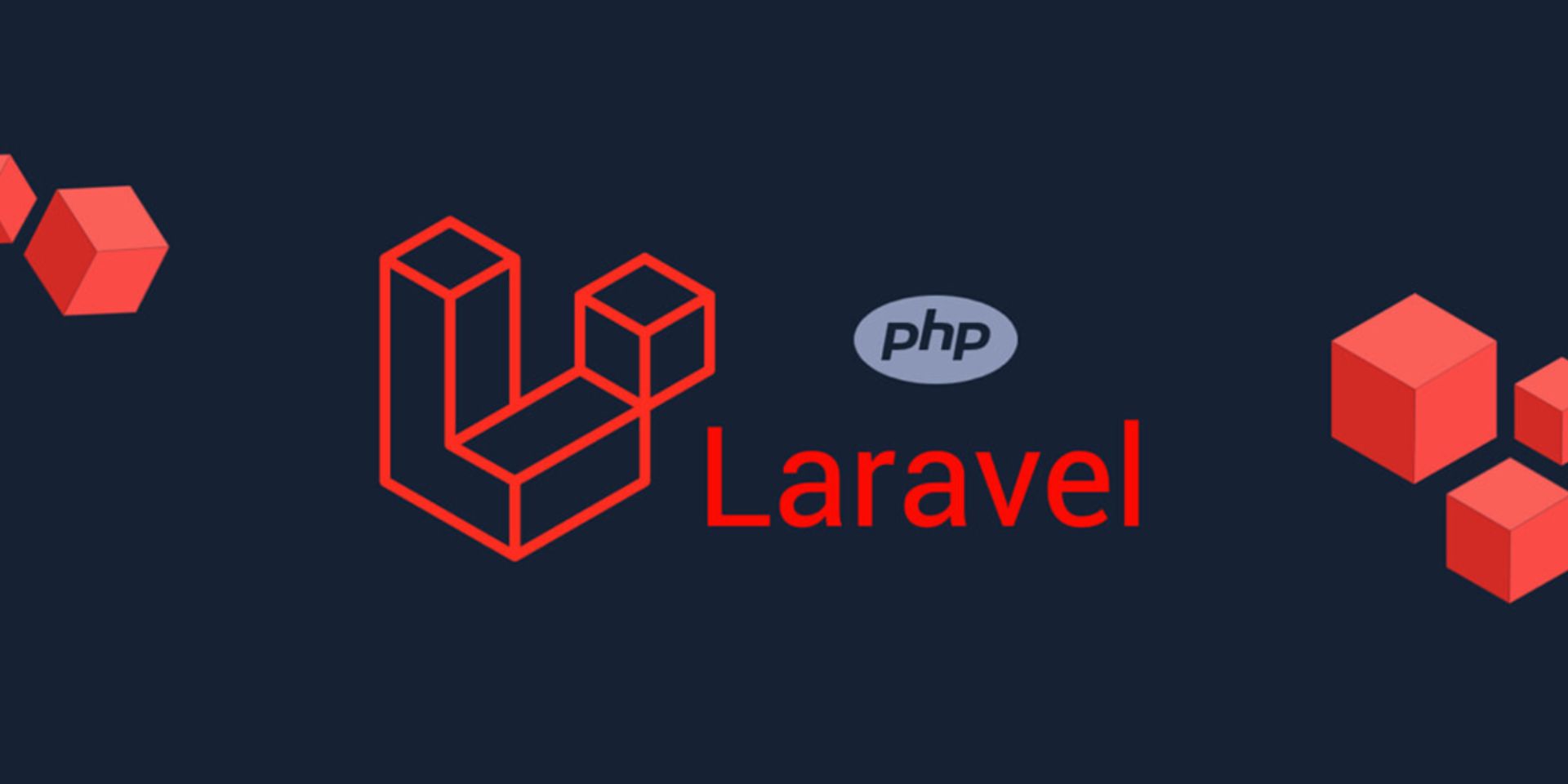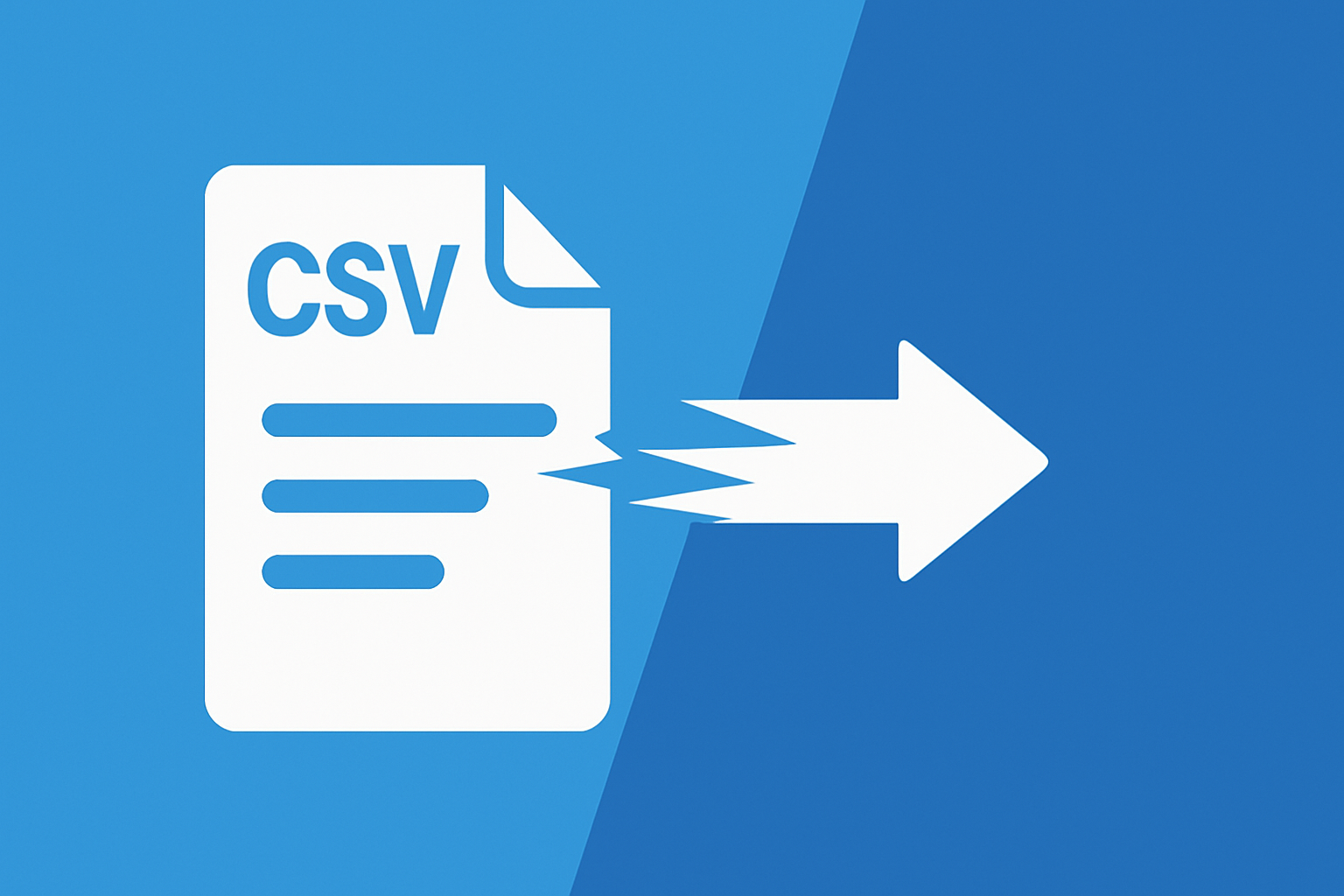
Building a PHP Extension in Rust or Zig: My Rollercoaster Ride Through Performance, Pitfalls & Possibilities
My journey building a PHP extension in Rust and Zig: from wrestling with FFI overhead to discovering when modern languages win (and when they don't). A deep dive into performance, build systems, and the future of PHP.
Chasing Memory Safety (Without Losing My Mind)
If you’ve ever written a PHP extension in C, you know the pain: memory issues, manual cleanup, and that constant fear of the dreaded segmentation fault. Been there. Too often.
I wanted out.
So I asked myself: “Can I write a PHP extension in a modern, memory-safe language like Rust or Zig?”
Spoiler: it wasn’t as straightforward as I thought—but it was a wild and educational ride.
First Stop: Rust (a.k.a. the Unsafe Detour)
Rust seemed like the obvious choice. It’s safe, fast, and pretty popular in the systems world. I thought: “I’ll just use serde to write a fast JSON parser in Rust, wrap it in some FFI glue, and call it a day.”
Hah.
Turns out, once you dip your toes into FFI, Rust starts throwing unsafe at you like confetti. Suddenly I was:
- Managing lifetimes manually
- Wrestling with
bindgen - Slapping
#[no_mangle]everywhere - Watching performance drop because of the Rust→C→PHP overhead
It was like trying to build a modern spaceship… that needed to dock with a horse-drawn carriage.
So I ditched Rust.
Enter Zig: A Breath of Fresh (Low-Level) Air
Zig caught my eye with its simple syntax, great C interop, and built-in cross-compilation. Plus, it’s designed to be predictable and performant, without the complexity Rust throws at you when dealing with C APIs.
I was in.
✅ Zig compiles C headers out of the box
✅ Manual memory control (but without C’s sharp edges)
✅ No cargo, no bindgen, no drama
Phase 1: Writing the Core in Zig
I started with something small: hardcoded structs for Person and Company, and a function to encode them to JSON.
const Person = struct { name: []const u8, age: u32 };
const Company = struct { name: []const u8, employees: []Person };
pub fn encodePerson(p: Person) ![]const u8 { ... }But that wasn’t going to cut it for real-world use. So I turned it into a more flexible, reusable JSON converter:
const JsonConverter = struct {
options: JsonOptions,
pub fn encode(value: anytype) ![]const u8 { ... }
pub fn decode(comptime T: type, json_str: []const u8) !T { ... }
};Cool. Now I just needed to hook this into PHP…
Phase 2: Build System Nightmares
PHP extensions are shared libraries—.so on Linux, .dll on Windows. Zig’s build.zig is great, but PHP still lives in autotools land (hello config.m4, my old enemy).
So yeah, things got messy:
- My x86 dev machine needed to build for ARM.
- Zig didn’t expose
main(), so the linker screamed at me. - PHP expected
.afiles in specific locations.
I ended up writing a hybrid build system: Zig built the core logic, and PHP’s build process handled the glue. Not elegant, but it worked.
Phase 3: Writing the Actual PHP Extension
To expose Zig code to PHP, I had to write the usual zend_module_entry, some PHP_FUNCTION() wrappers, and glue code for parameter parsing.
PHP_FUNCTION(fast_json_encode) {
char *input;
size_t input_len;
if (zend_parse_parameters(ZEND_NUM_ARGS(), "s", &input, &input_len) == FAILURE) {
RETURN_NULL();
}
const char *result = zig_json_encode(input, input_len);
RETURN_STRING(result);
}Simple enough. But to make it feel native, I also:
- Added a
FastJsonExceptionfor proper error handling - Supported
JSON_THROW_ON_ERROR - Made sure memory cleanup worked on both the Zig and PHP side
The Shocking Truth: Performance Was… Always Worse?
Here’s the part that completely humbled me.
I benchmarked my shiny new extension against PHP’s built-in json_encode(), expecting a blowout win for Zig.
But no. My extension was always slower. 😬
Small payloads? Slower.
Big JSON documents (10MB+)? Still slower.
Batch processing 1,000+ calls? Yep, slower too.
Why? Because every call had to cross three boundaries:
- PHP to C (zend_parse_parameters)
- C to Zig (FFI overhead)
- Zig back to C, then to PHP
The overhead was so significant that even Zig’s superior raw performance couldn’t overcome it.
The Hard Reality Check
❌ Small payloads: Slower (as expected)
❌ Big JSON documents (10MB+): Still slower due to FFI overhead
❌ Batch processing (1,000+ small payloads): Overhead multiplied the pain
❌ Everything else: You guessed it, slower
So the lesson? Sometimes the theoretical performance gains of a better language get completely eaten by architectural overhead.
What I Learned (a Lot)
-
Extensions aren’t magic bullets.
Sometimes pure PHP is just faster for small tasks. -
Build systems matter.
Zig’s cross-compilation was awesome, but PHP’s old-school build tools were a huge friction point. -
APIs need to feel native.
Mimickingjson_encode()behavior (errors, flags, return types) made the extension usable. -
Maybe we’re thinking too small.
Instead of building extensions, what if PHP itself ran on Zig?- No FFI penalty
- Memory safety baked into the runtime
- Actual performance improvements at the VM level
Final Thoughts: Was It Worth It?
Absolutely. Not because I built the fastest JSON encoder ever, but because I got to:
🔹 Learn more about PHP internals
🔹 Deep dive into Zig and its build system
🔹 Rethink how we approach performance in PHP
Maybe the future isn’t about writing safer PHP extensions.
Maybe it’s about reimagining PHP itself in safer, faster languages.
What do you think? Have you ever tried writing a PHP extension in Rust, Zig, or anything other than C? I’d love to hear your stories—successes or horror shows welcome!
You can check the project here github


